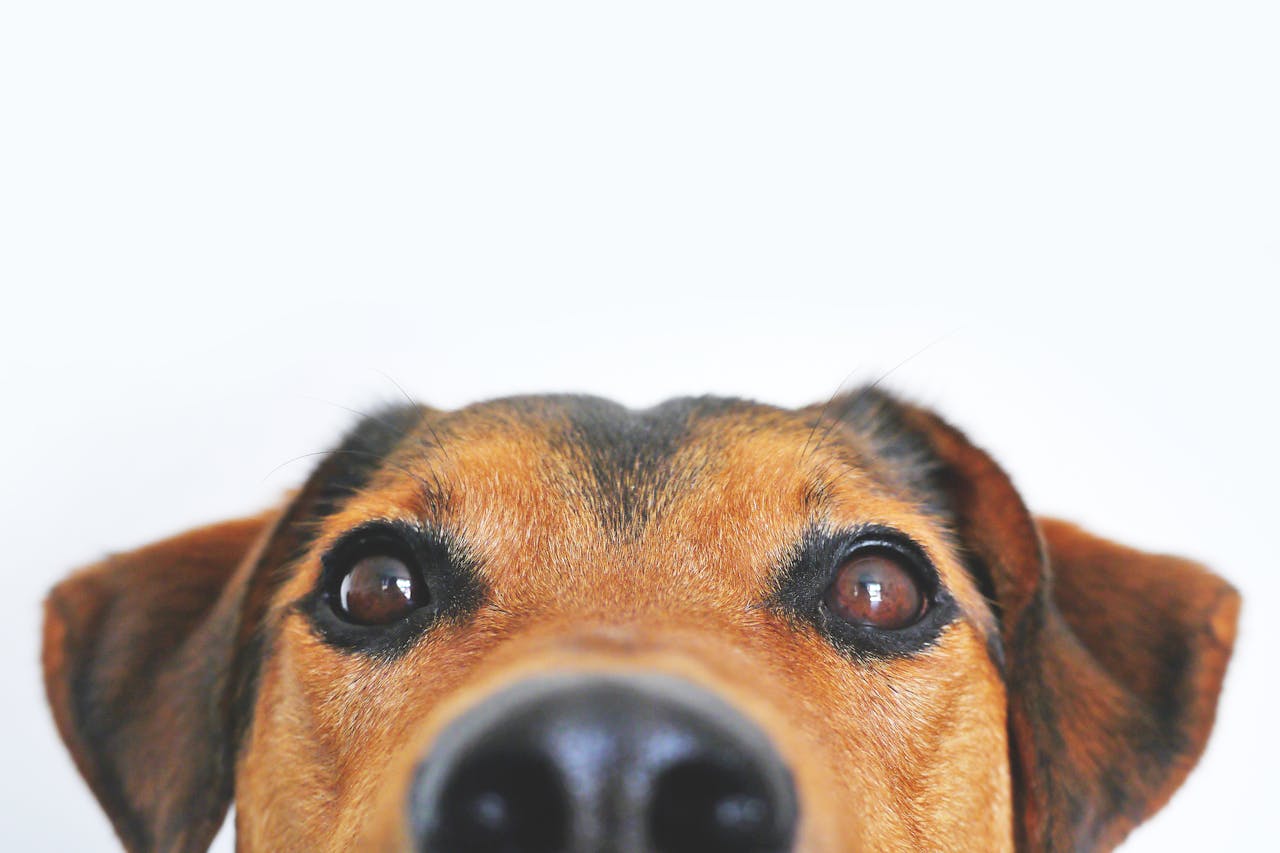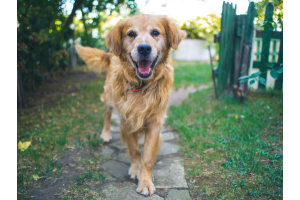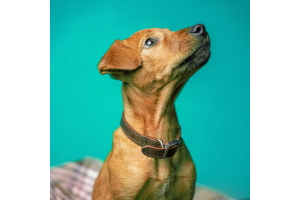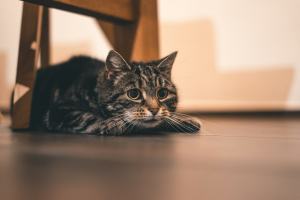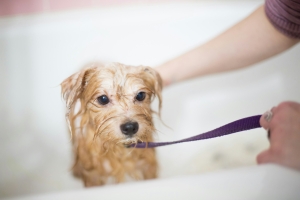How To Prepare Your Pet For Long Journeys
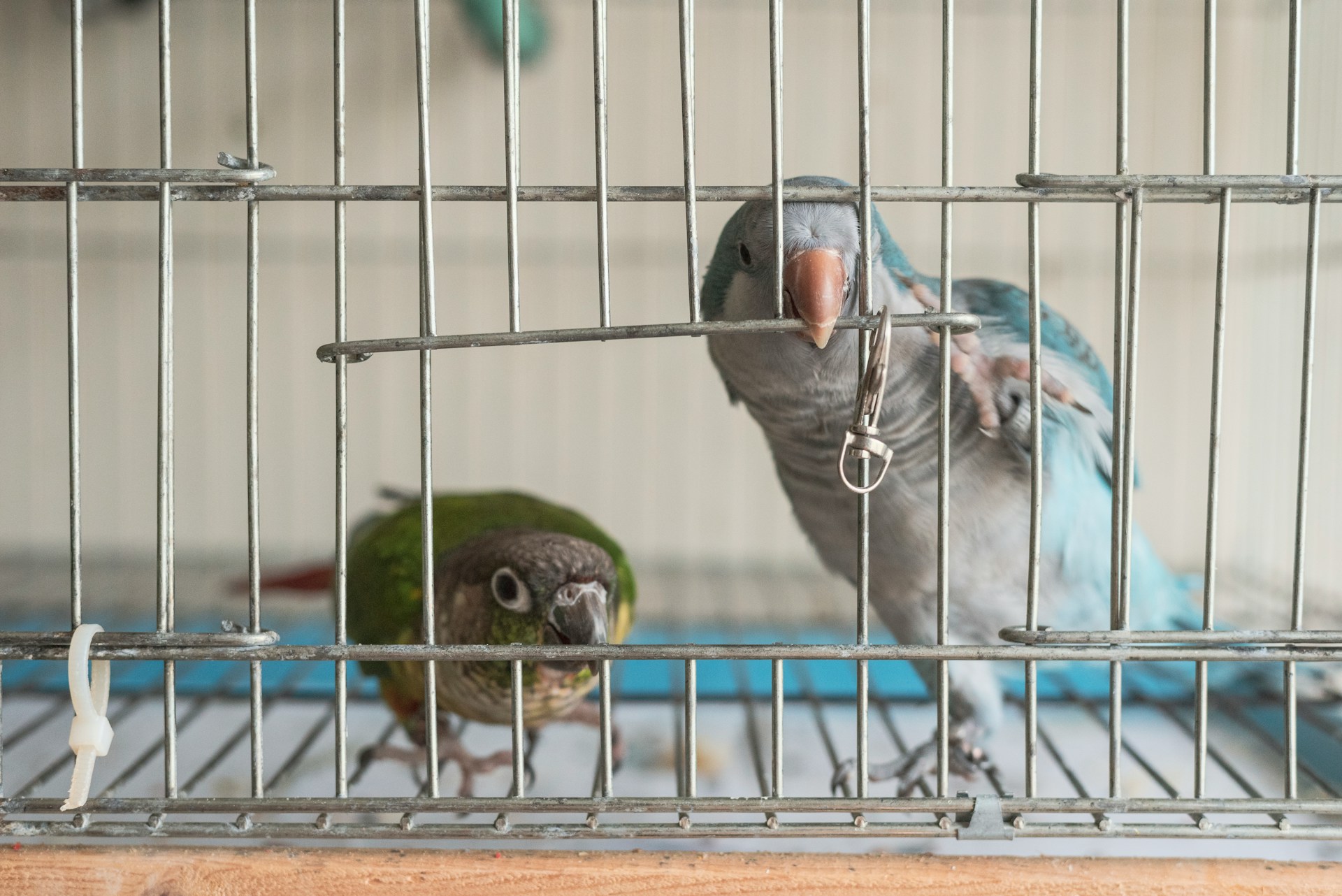
Travelling with pets can be daunting but exciting. Imagine strolling across a Cornish beach with your dog, relaxing in a country cottage with your cat, or hacking in the Highlands with your horse. Travelling is possible with careful preparation to ensure your pets are comfortable on long journeys.
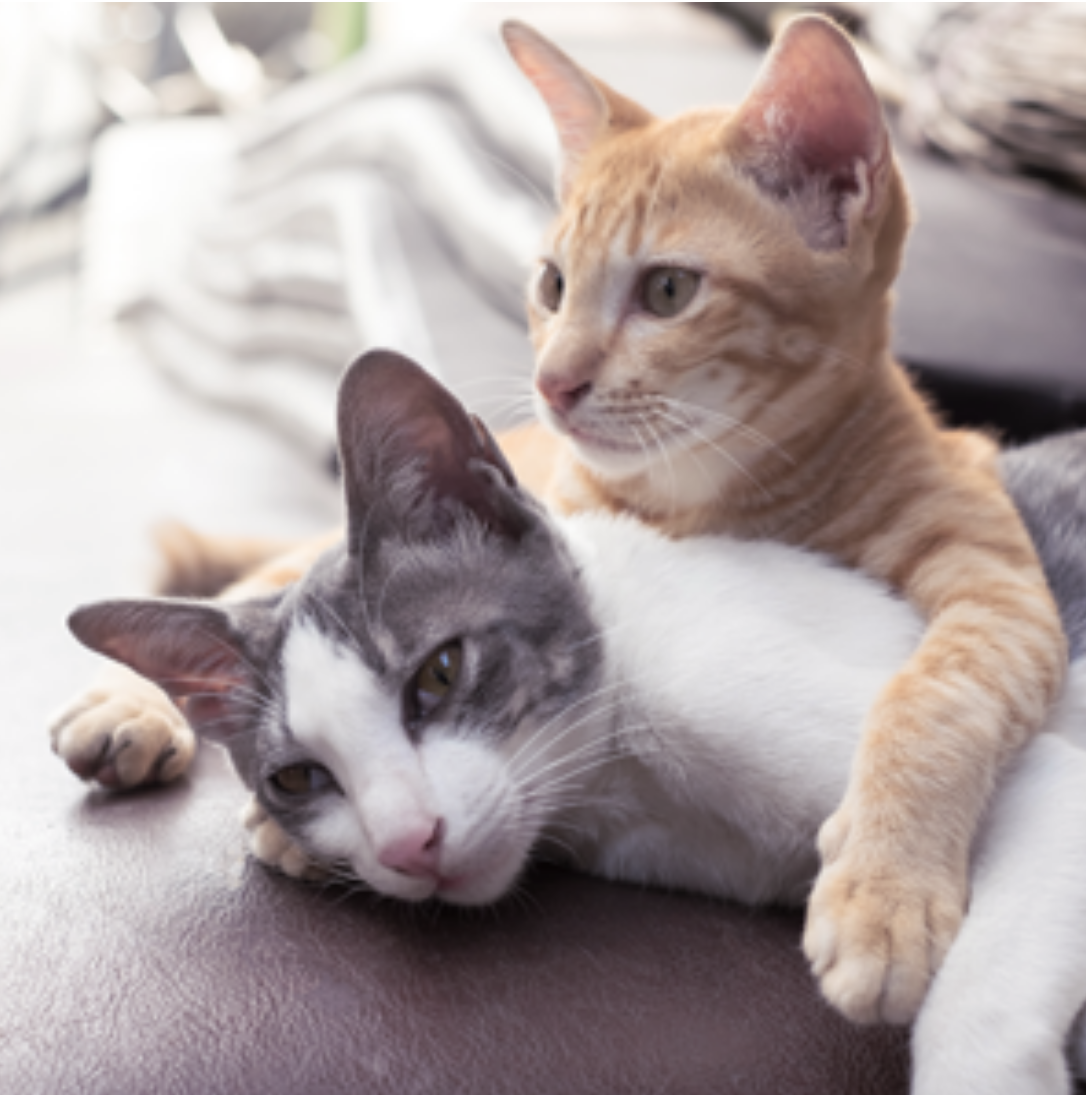
Cats
Cats have very independent natures and can be sensitive to change. Before a long journey, it is essential to familiarise yourself with your cat’s behaviour. See how they react to short car journeys and in their carrier.
Ensure your cat is comfortable in their carrier by adding bedding and toys. You can also consider using pheromone sprays or calming supplements to ease anxiety.
If your cat has any comfort items at home, such as blankets or clothing with your scent on, it’s a good idea to bring these with you. You should also pack essentials such as food and water for long journeys, and plan stops for your cat to relieve itself and get some fresh air.
Monitor your cat for signs of stress or illness during travel, and consult your veterinarian about preventive measures such as motion sickness medication or anxiety management strategies.
Keep the vehicle temperature comfortable, and never leave your cat unattended in the car.
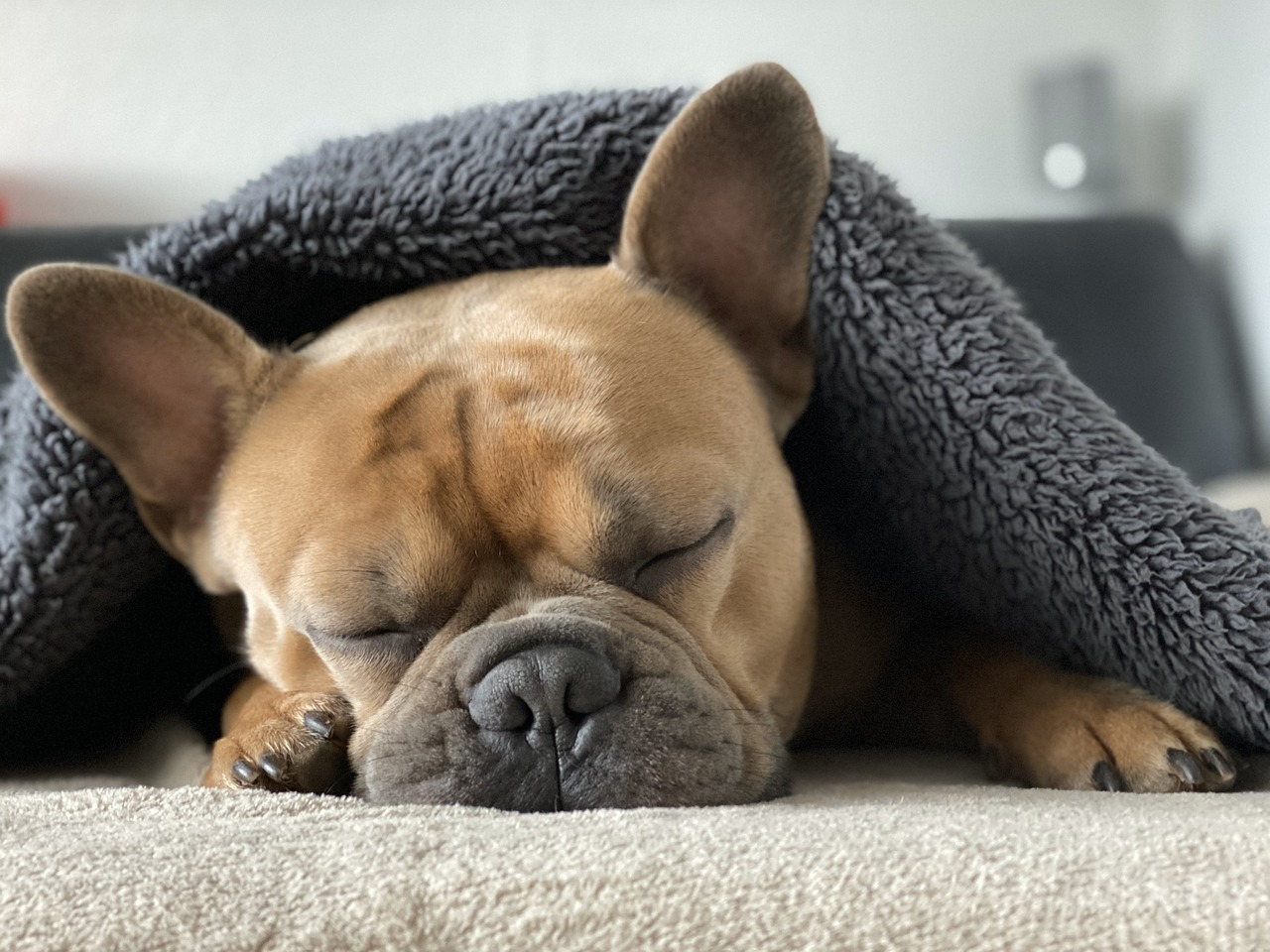
Dogs
Travelling can sometimes cause dogs anxiety. They thrive on routine. However, by introducing them to the concept of travel early, you may eradicate some of the fear.
Understand your dog’s temperament and any specific triggers that may cause stress during travel, such as not taking regular breaks, windows being open, loud noises, and not being strapped in, which can make your dog insecure.
Gradually acclimatise your dog to car rides and their travel crate or harness. Use positive reinforcement techniques to create a positive association with travel. Pack plenty of water, food, and snacks for your dog, along with their favourite toys and bedding.
Remember waste disposal bags and any necessary medications. Before you embark on a long journey with your dog, take it for a walk to tire it out and allow it to relieve itself.
Take frequent breaks, and never leave your dog alone in the car, especially in hot weather. Secure your dog safely in the vehicle to prevent injury in case of sudden stops or accidents.

Horses
Before travelling with your horse, ensure they are comfortable loading, unloading, and riding in a trailer or horsebox.
Gradually introduce your horse to the trailer or horsebox using positive reinforcement techniques. Ensure the vehicle is well-ventilated, padded, and secure to minimise stress during travel.
Pack essential items such as hay, water, grooming supplies, and first aid kits for your horse. Ensure they can access fresh air and are securely tied or harnessed during transport.
Monitor your horse for signs of stress, dehydration, or injury during travel, and stop regularly to offer water and allow them to rest. Familiarise yourself with common travel-related health issues and how to address them.
Plan your route carefully, avoiding rough terrain and extreme weather conditions. Take breaks to allow your horse to stretch their legs and graze, and never rush the loading or unloading process.
You may also find horse-calming supplements beneficial in these types of situations.
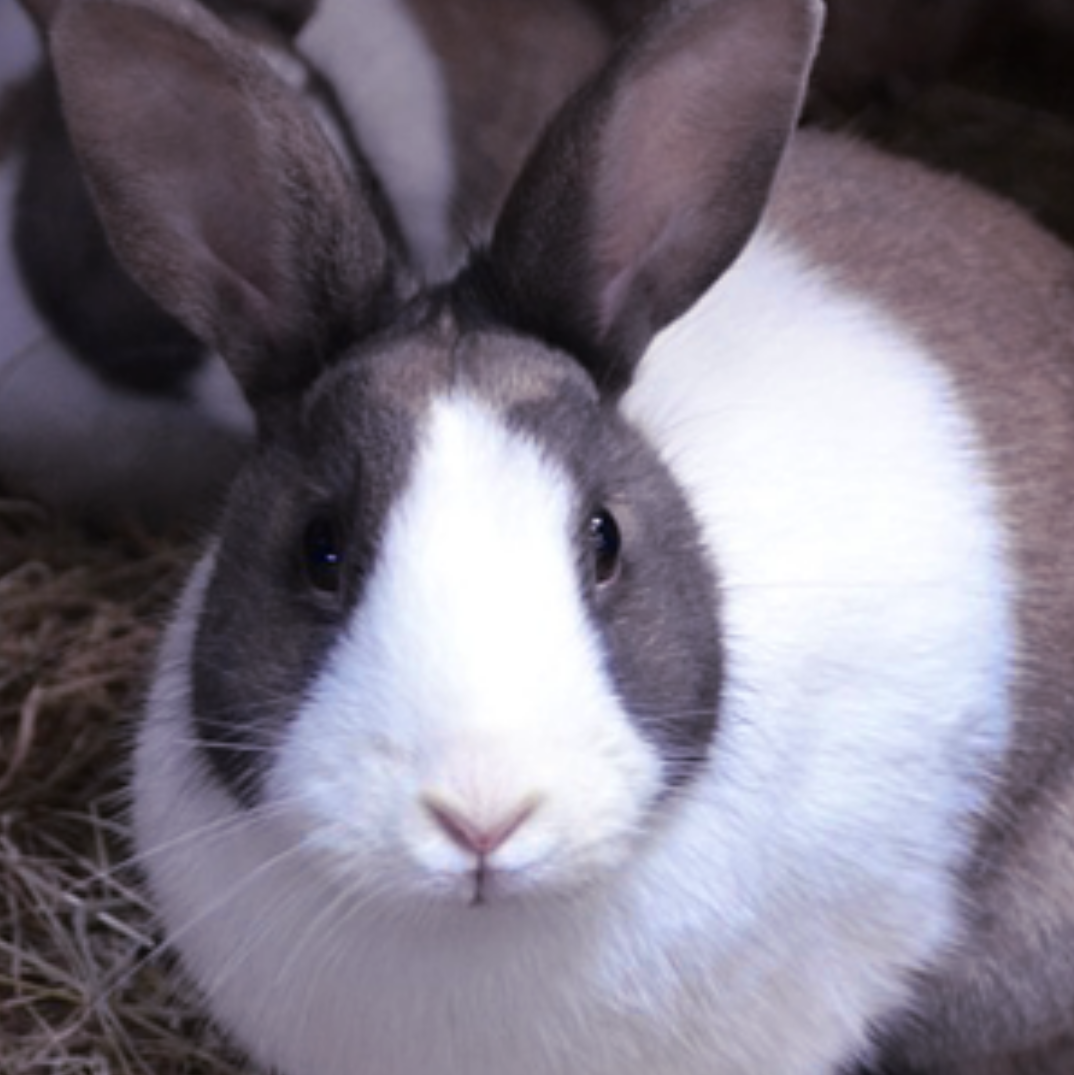
Small animals
Address the specific needs of small animals before you embark on a long journey. Ensure they have a secure and well-ventilated carrier with plenty of bedding to keep them comfortable.
Get them used to short car rides to reduce stress and anxiety regarding longer journeys.
Whether you’re travelling with a guinea pig, rabbit, or hamster, pack plenty of fresh water and food, along with their favourite snacks, to keep them nourished and hydrated throughout the trip.
Be mindful of temperature fluctuations in the vehicle and never leave them unattended, especially in extreme weather conditions.
Monitor your small pet’s behaviour closely during travel, and be prepared to stop and provide care if they show signs of distress or discomfort. Consult a veterinarian before the journey to address specific health concerns or medication needs.

Birds
Travelling with birds requires special attention to their unique needs and sensitivities. Ensure they have a secure and appropriately sized travel cage with perches and toys to keep them occupied. Cover the cage partially to provide security and reduce visual stimulation.
Maintain a stable temperature in the vehicle, avoiding draughts and direct sunlight that could stress your bird. Pack their regular food and treats to maintain their diet and keep them comfortable.
Keep the travel cage stable and secure to prevent injury or escape during transport. Avoid sudden movements or loud noises that could startle your bird and cause distress. Offer water frequently and monitor your bird for signs of dehydration or fatigue.

Reptiles and amphibians
Travelling with reptiles or amphibians requires careful consideration of their environmental needs and safety. Ensure they have a secure and appropriately sized enclosure with heating and lighting elements to maintain their preferred temperature and humidity levels.
Pack bedding materials and hiding spots to keep your reptile or amphibian comfortable and reduce stress during travel. Secure all enclosure components to prevent shifting or tipping during transit.
Monitor temperature levels closely, especially during hot weather, to prevent overheating or dehydration. Provide access to fresh water and misting as needed to maintain hydration.
Avoid sudden temperature changes or exposure to direct sunlight, which can harm reptiles and amphibians. Plan your route carefully to minimise travel time and stress on your pet.
Consult a veterinarian specialising in exotic pets for specific travel recommendations and health considerations for your reptile or amphibian.
If your journey involves air travel, familiarise yourself with airline regulations regarding transporting specific pets and ensure all necessary paperwork and permits are in order.
By considering each pet’s individual needs and taking proactive steps to address them, you can ensure a smooth and enjoyable journey for both you and your furry, feathery, or scaly friend. Safe travels!


